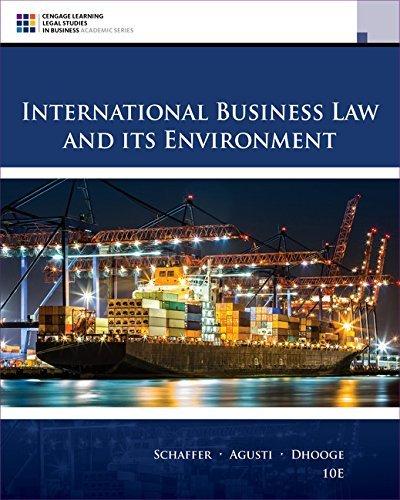Question:
Empresa Estatal Petroleos de Ecuador (PetroEcuador) contracted with BP Oil International, Ltd. for the purchase of 140,000 barrels of gasoline to be delivered CFR from Texas to Ecuador. The contract separately provided that the terms were governed by Ecuadorian law. The contract also required that the gasoline have a gum content of less than three milligrams per one hundred milliliters to be determined at the port of departure in Texas. The gasoline was tested for gum content upon departure and was deemed satisfactory. However, the gum content exceeded the contractual limit upon retesting in Ecuador, and PetroEcuador refused to accept delivery. BP resold the gasoline at a loss of $2 million and sued PetroEcuador for breach of contract. BP claimed that the Convention on Contracts for the International Sale of Goods was applicable to the transaction. As such, BP contended that the risk of loss passed to PetroEcuador upon the loading of the goods in Texas. However, PetroEcuador claimed that local law required the delivery of conforming goods to the agreed destination despite the ratification of the CISG by Ecuador. Which party is correct? When did the risk of loss pass in this case?







